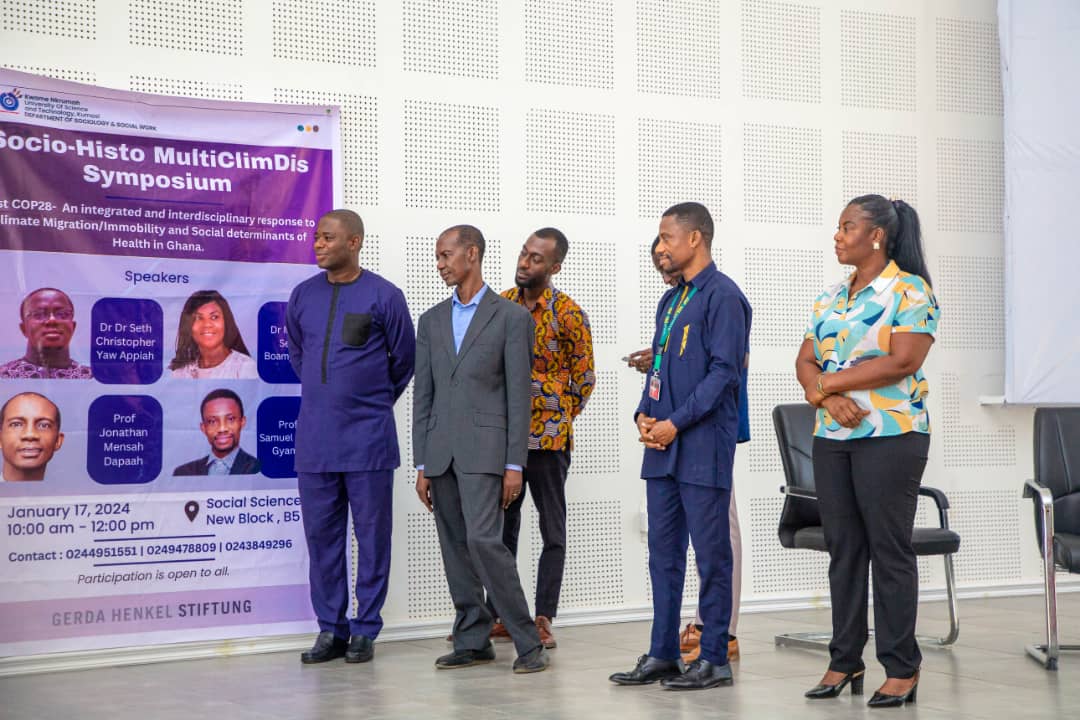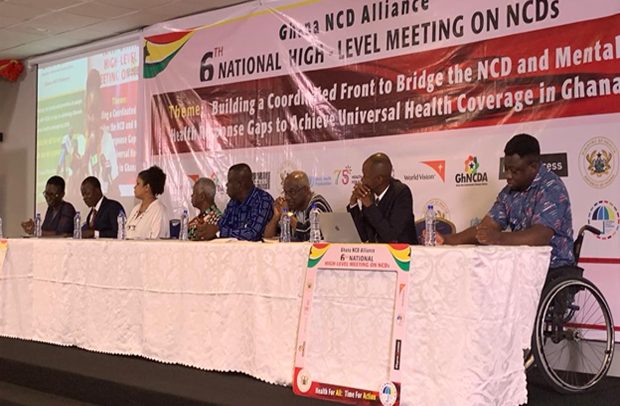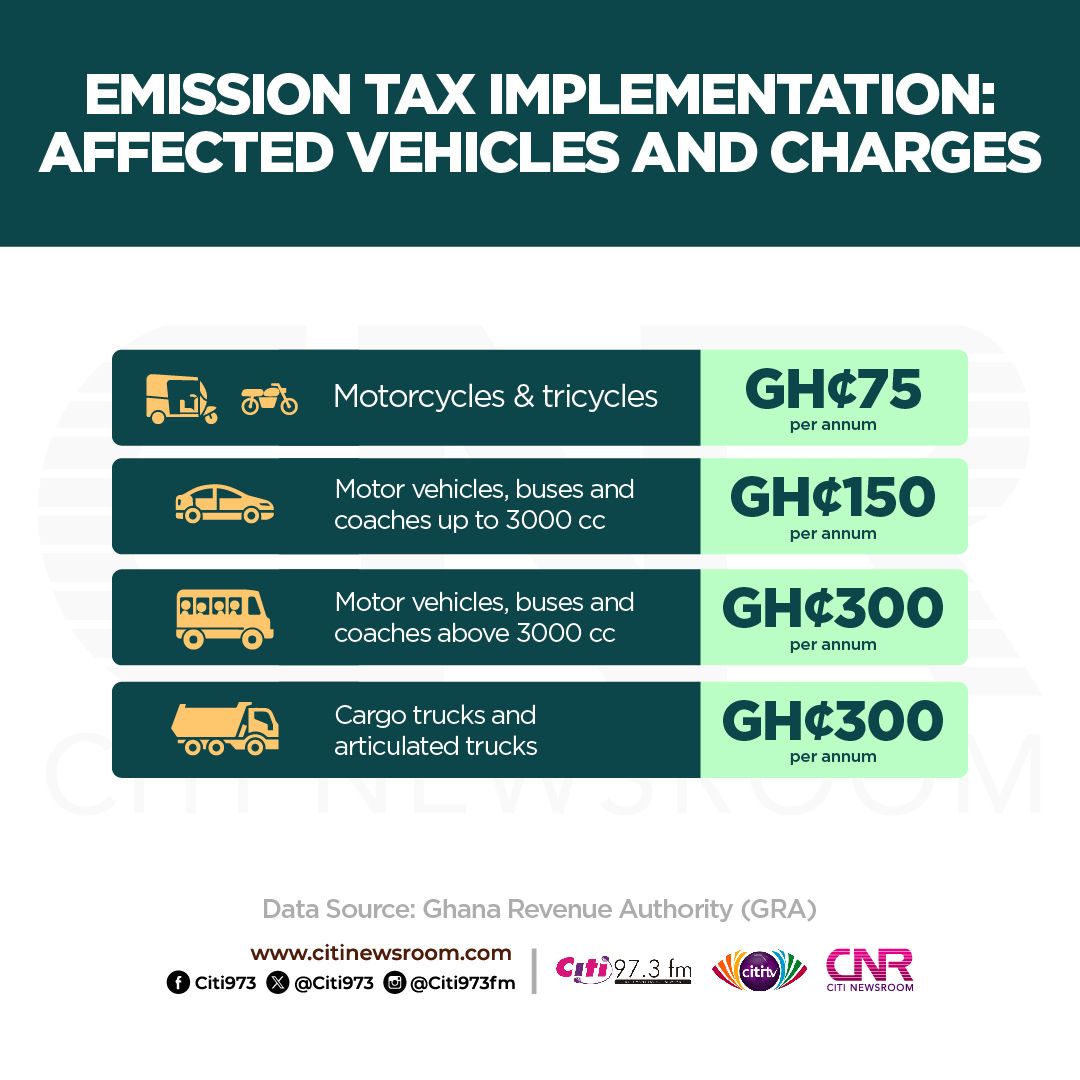
Researchers at the Kwame Nkrumah University of Science and Technology (KNUST) are making a strong call for the government to take serious measures to address various migration challenges in Ghana.
With climate change identified as one of the key factors causing disruptions and influencing migration-related issues, there is an urgent call for relevant authorities to put in place adequate measures to tackle recurring issues such as flooding, which tend to cause people to move away from their homes.
Speaking at a symposium at KNUST that brought together renowned historians, medical sociologists, and migrant health scholars, stakeholders have been urged to critically assess the impact of climate change and its attendant migration challenges that need prompt attention.

A senior lecturer at the sociology and social work department at KNUST, Dr. Seth Christopher Yaw Appiah, who is also a migrant health researcher and a medical sociologist, emphasized the need for the government to implement the country’s migration policy, where a migration commission would be set up to address various challenges.
He further noted that relooking at policy targeting relative to climate change would be a significant step towards addressing the issue.
“In Ghana, we have the migration policy. We also have a labor policy. But inherent in these policies appears to be a limitation such that they don’t really focus on how climate induces migration. There is some silence in that area. From the policy level, we are looking forward to where Ghana would be able to implement the climate policy.
He added, “We passed a policy somewhere around 2016, but as we speak, its implementation is quite limited. It’s hanging up there. There was supposed to have been an establishment of the migration commission. I know some work has been done, but still, we’ve not had that migration commission. If this commission was in existence, similar to CHRAJ, they would have strictly had the mandate to look at all migration-related issues those that are climate-induced and the other ones. I think that the government must relook at its policy relative to climate change.”
On the issue of the Bagre Dam spillage, which causes the displacement of many people and the destruction of several properties yearly, Dr. Appiah urged the government to come up with climate mitigation and climate adaptability responses to bring the challenges to an end.
“Since 1999, historically, you will see that it is almost 7 years after the construction of the Bagre dam. Since 1999, almost 3,000 people have been displaced. These numbers have been increasing. Just last September, almost 20,000 people were displaced, and then that affected over 28 districts. When this started, it used to affect just a few districts that were in the Bawku West areas, but now we are having Bawku West, Talensi, Nandam, West Gonja, and even as far as Krache in Chumuru all these areas are affected.
It is even having some downstream effects, so the point is that a lot of health effects come out of this Bagre dam spillage. And it has become cyclical and yearly. The point is that when can we have a minimized effect?
Prof. Samuel Adu-Gyamfi, a former head of the history and political studies department at KNUST, also stressed the need for proper measures to be put in place to address climate-induced migration.

“When groups of persons who have lived in a particular area for 200 years, 300 years and beyond are, with a click of a button or climate change, forced to move from their existing location to a different location. The argument that is made from the historical literature among others is that there can be psychosocial humiliating impact on such persons who have moved across different jurisdictions, and that can have a lasting impact on their operations and activities.”
Prof. Jonathan Mensah Dapaah, the head of the Department for History and Political Studies at KNUST, emphasized the need for authorities to address climate mobility issues.
“One solution to climate change mobility or immobility is that governments and local authorities would have to formulate social protection policies. Such policies must take care of both the vulnerable and the invulnerable people when environmental disasters and their related problems happen.”
———–
Explore the world of impactful news with CitiNewsroom on WhatsApp!
Click on the link to join the Citi Newsroom channel for curated, meaningful stories tailored just for YOU: https://whatsapp.com/channel/0029VaCYzPRAYlUPudDDe53x
No spams, just the stories that truly matter! 
 #StayInformed #CitiNewsroom #CNRDigital
#StayInformed #CitiNewsroom #CNRDigital
The post Address climate-induced migration – KNUST researchers urge govt appeared first on Citinewsroom - Comprehensive News in Ghana.
Read Full Story





















Facebook
Twitter
Pinterest
Instagram
Google+
YouTube
LinkedIn
RSS